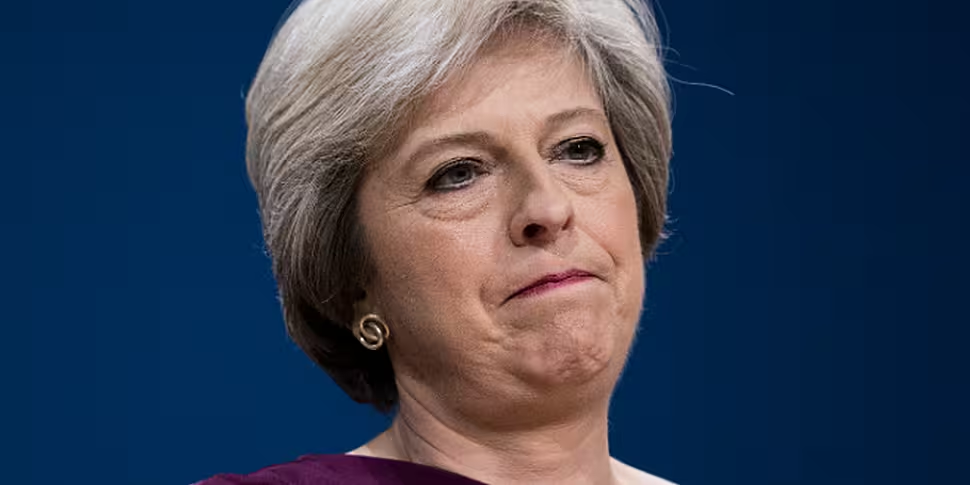British Prime Minister Theresa May's decision to announce that Article 50 would be triggered by the end of March next year was "a monumental mistake", according to market analyst Paul Sommerville.
Joining Breakfast Business this morning to discuss the "flash crash" that saw the value of sterling plummet last week and continue to limp along now, Sommerville laid the currency's problems at the door of the UK government.
"There are fundamental reasons why the sterling is falling and it’s pretty much because the UK government is showing [an] absolutely disastrous way of negotiating the Brexit," Sommerville said. "They’re not talking with one voice; they seem to be making statements every single day which are different from each other. It’s very complicated for FX traders to see how sterling is going to improve. So you have a huge amount of bets against sterling at the moment. An absolutely massive, record amount of bets against sterling at the moment."
He sees the self-imposed timeframe as adding undue complications to the process of Britain disentangling itself from the EU.
"I think that's a monumental mistake to actually put a final date on that," he said. "And I think the currency markets agreed with me there."
"The pressure on UK negotiators is going to be immense between now and March. I don't think they're going to be able to hold that date, but that is a big problem."
Last Thursday night, the pound took a huge 8% overnight dip and has been languishing ever since, with one euro currently buying you 90p and driving Irish consumers north of the border looking for big savings.
Sommerville also gave his rationale behind sterling's drop and doesn't find it to have been accidental, as many originally suspected.
He explained:
"Basically what happened was the liquidity in the market place dried up an awful lot. My interpretation would be one of the high frequency trading algorithms, which is a computer-generated trading system, would have triggered millions of stops in the market place, driving sterling down around 6 to 7 % – maybe 8 to 9% at one stage – which is a flash crash and is a huge worry...
"A fat finger trade is really someone making a mistake. So someone keying in something wrongly or putting in an amount that was too big. And when things like that happen, normally what happens is they would bust a trade like that. So they would make it null and void.
"That was definitely not the case in this particular case. This is more likely to be someone taking advantage because there's no liquidity in the market. This was done purposefully; it is not a mistake whatsoever.
"It's a trading system that is trying to make serious amounts of money when the liquidity in the market is very, very low. They tried to drive the price down to a certain position to try to trigger stops from people who were asleep who've left stops in the market place, and tried to profit from it. That is probably what has happened here.
"It's normally one of the high frequency trading outfits. Don't forget, these guys didn't trade FX markets up til three or four years ago. They mostly traded stock markets and commodity markets and we've seen these things happen before.
"We saw the flash crash in the Dow Jones a couple of years ago, but they only started trading in the FX market three to four years ago, so I would definitely point to the high-frequency traders and I would say it was definitely one of them."
Looking at the near future of sterling, he foresaw economic woes for Ireland if the pound stays so low.
"Christmas shopping across the border is going to be absolutely massive now if we're trading up at these levels. The currency traders don't see any respite at the moment so that's why they're betting records against sterling.
"One thing I will say is when all currency traders are betting one way, you do usually have a pull-back of some description. So I wouldn't be surprised to see sterling actually strengthen at some point between now and Christmas. That would be very technically based; that is not to say that sterling would not weaken again next year."









